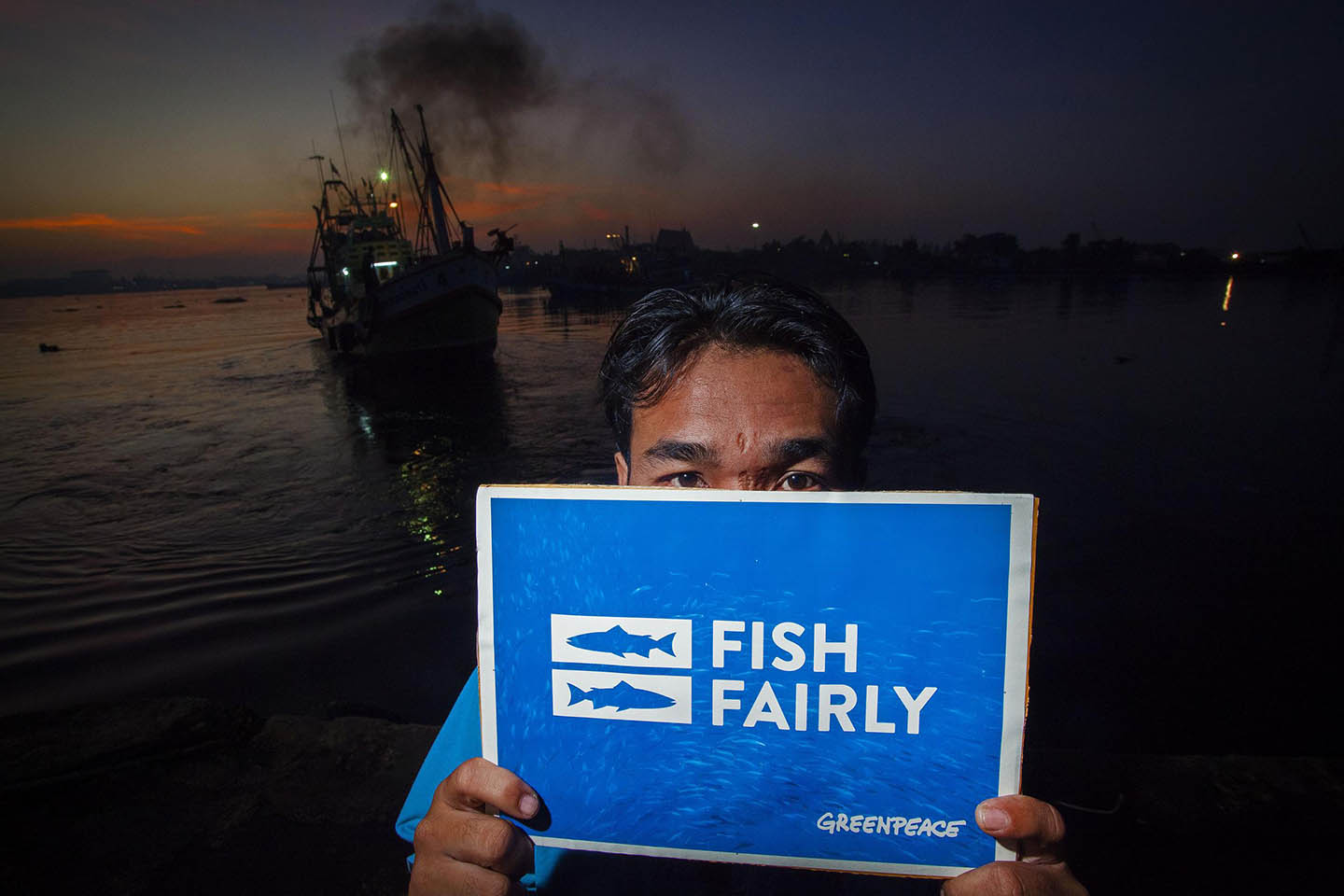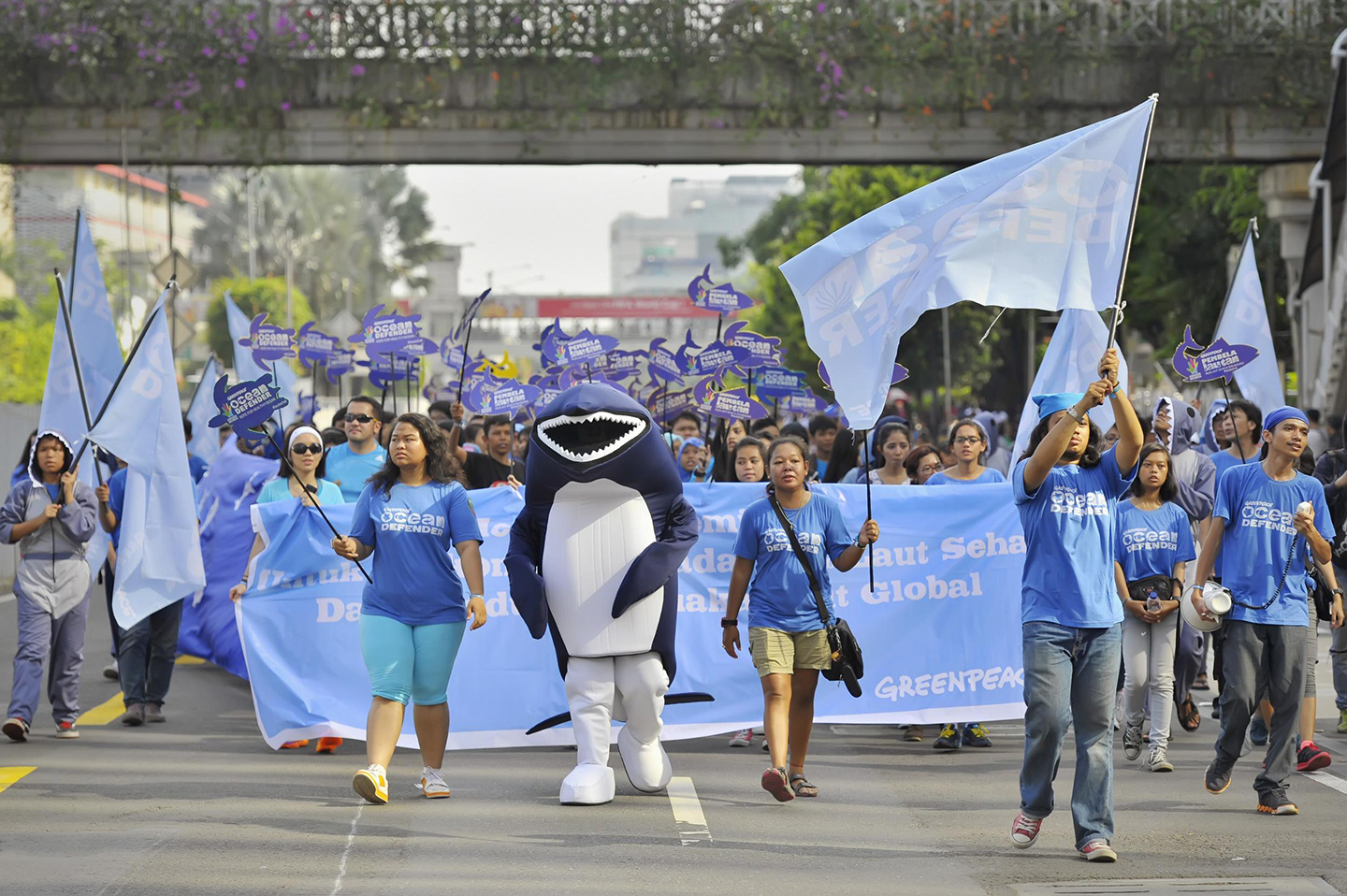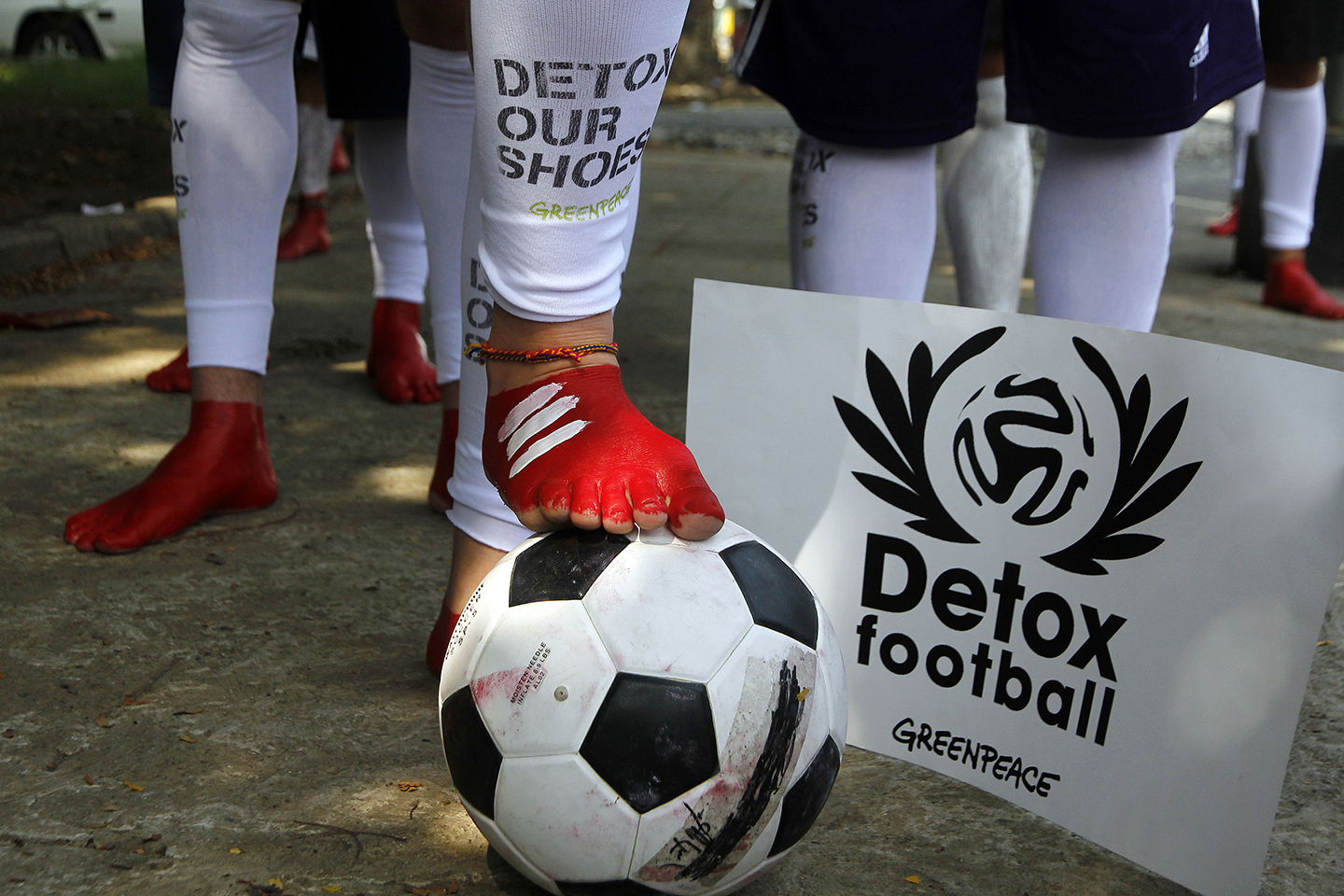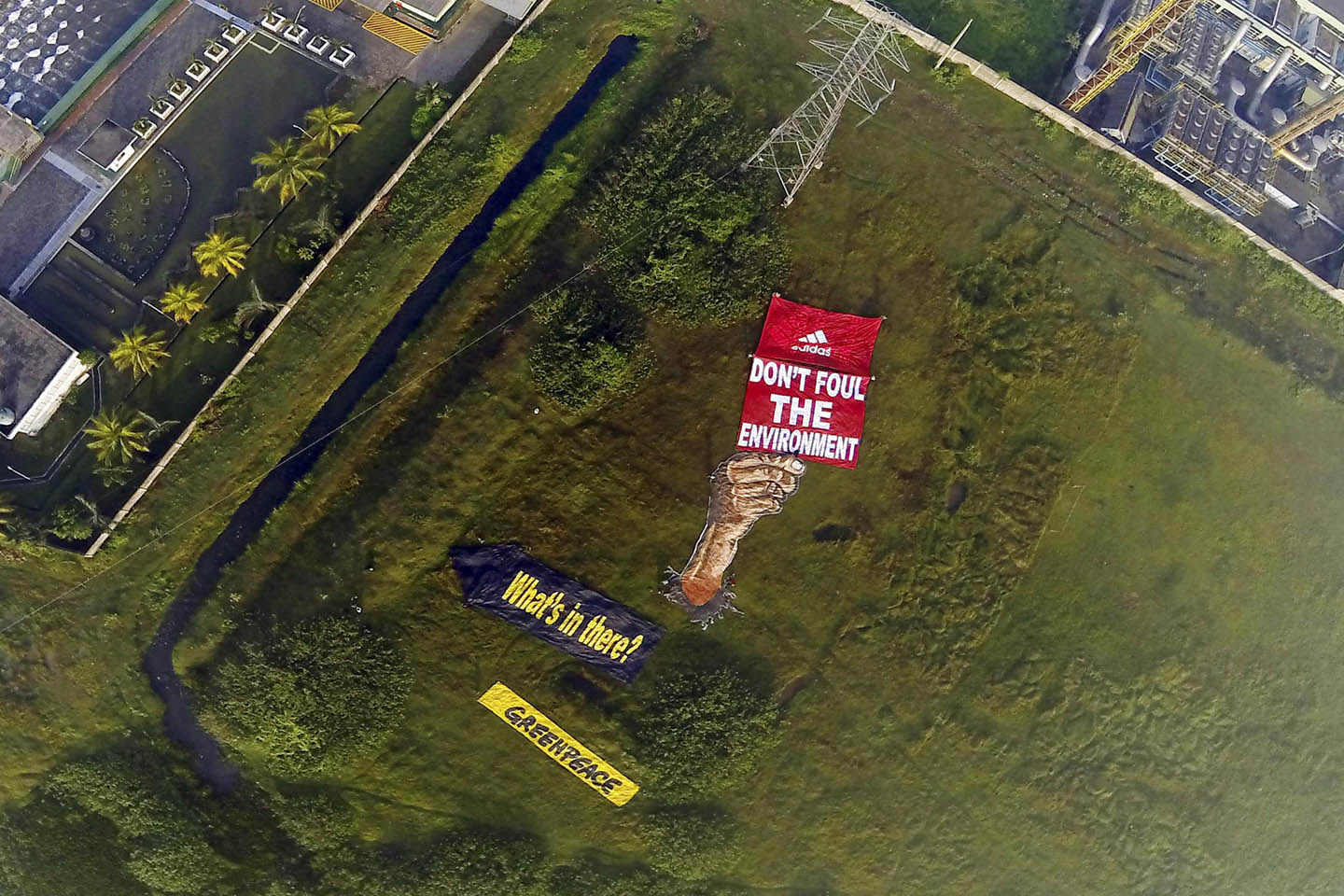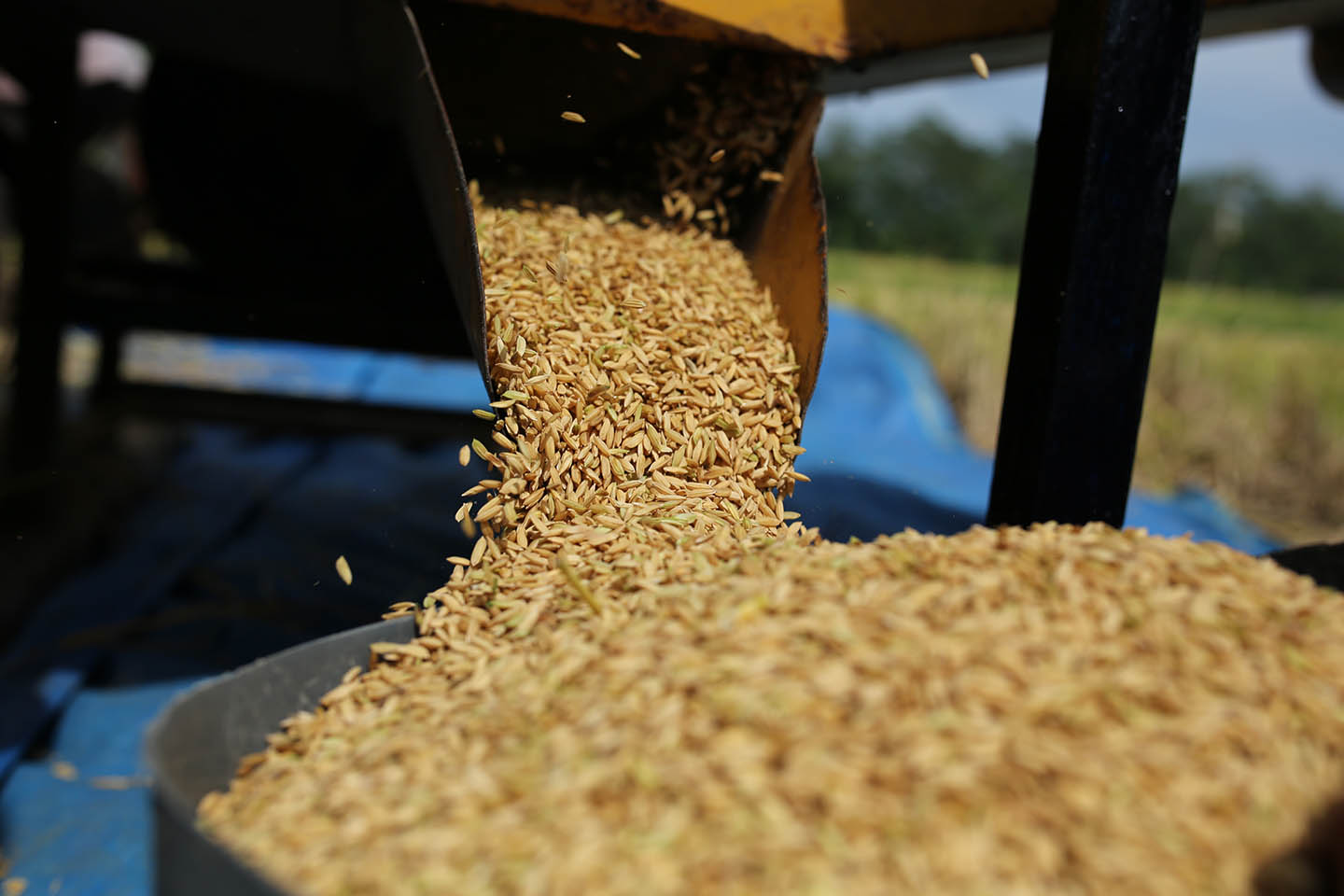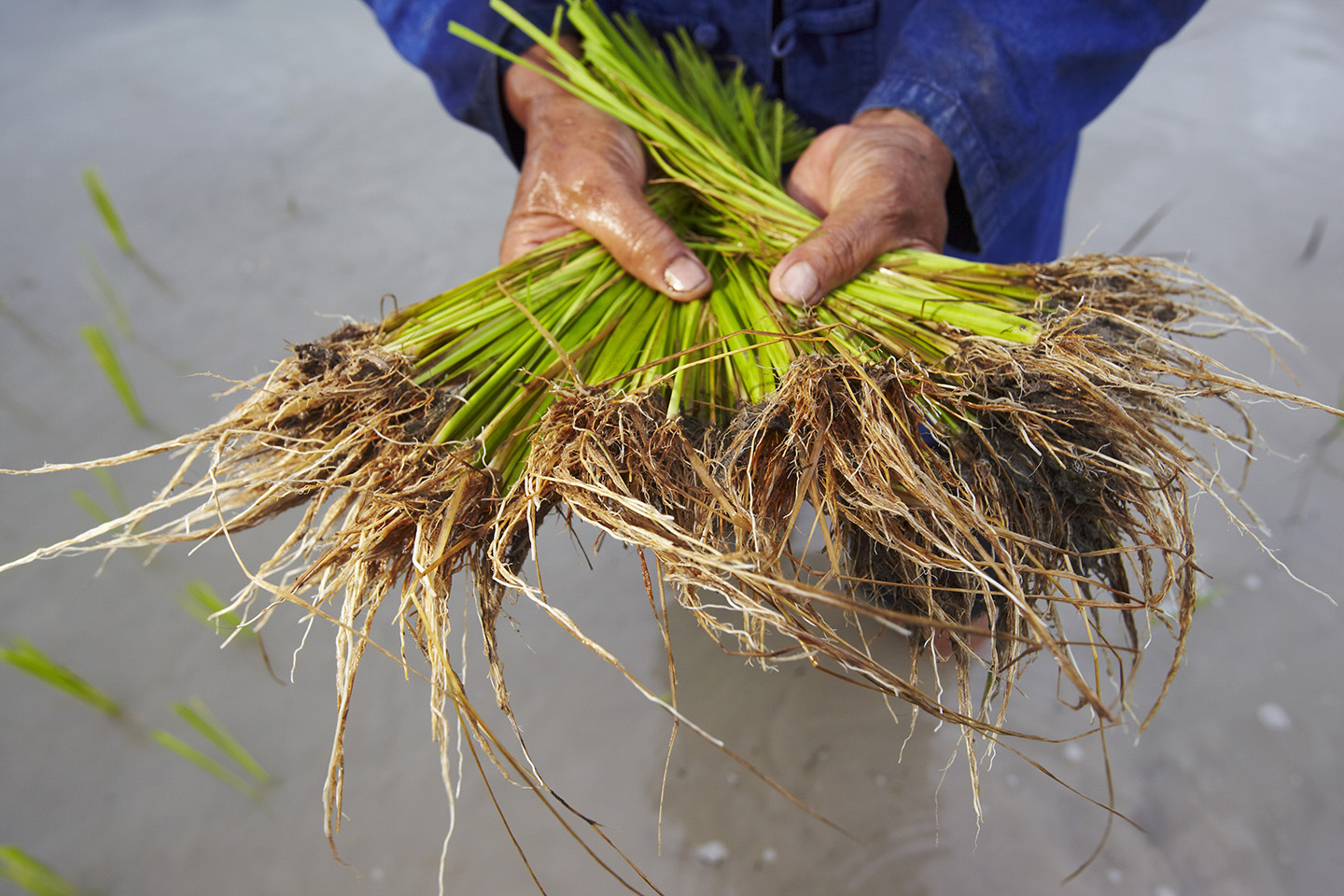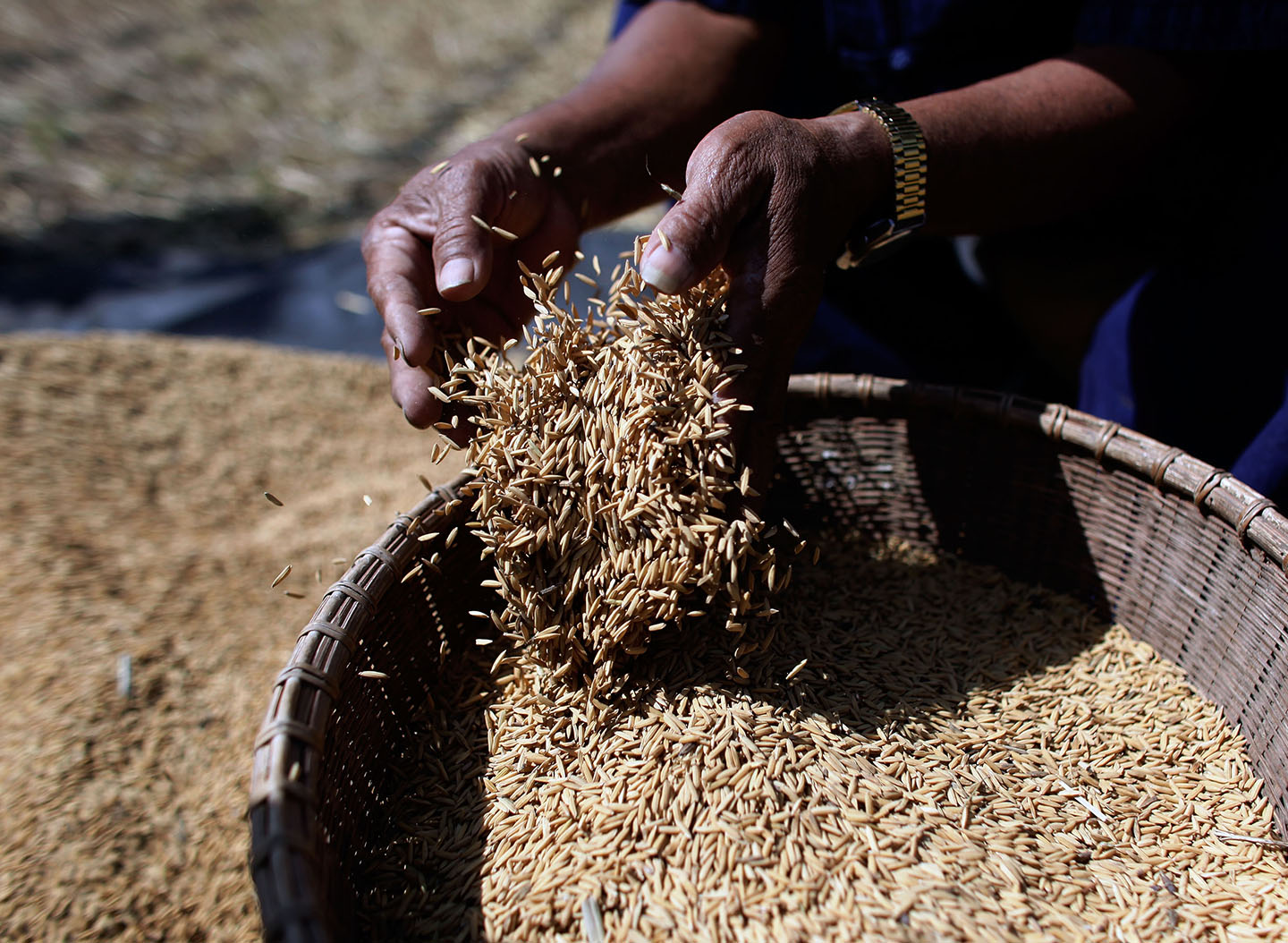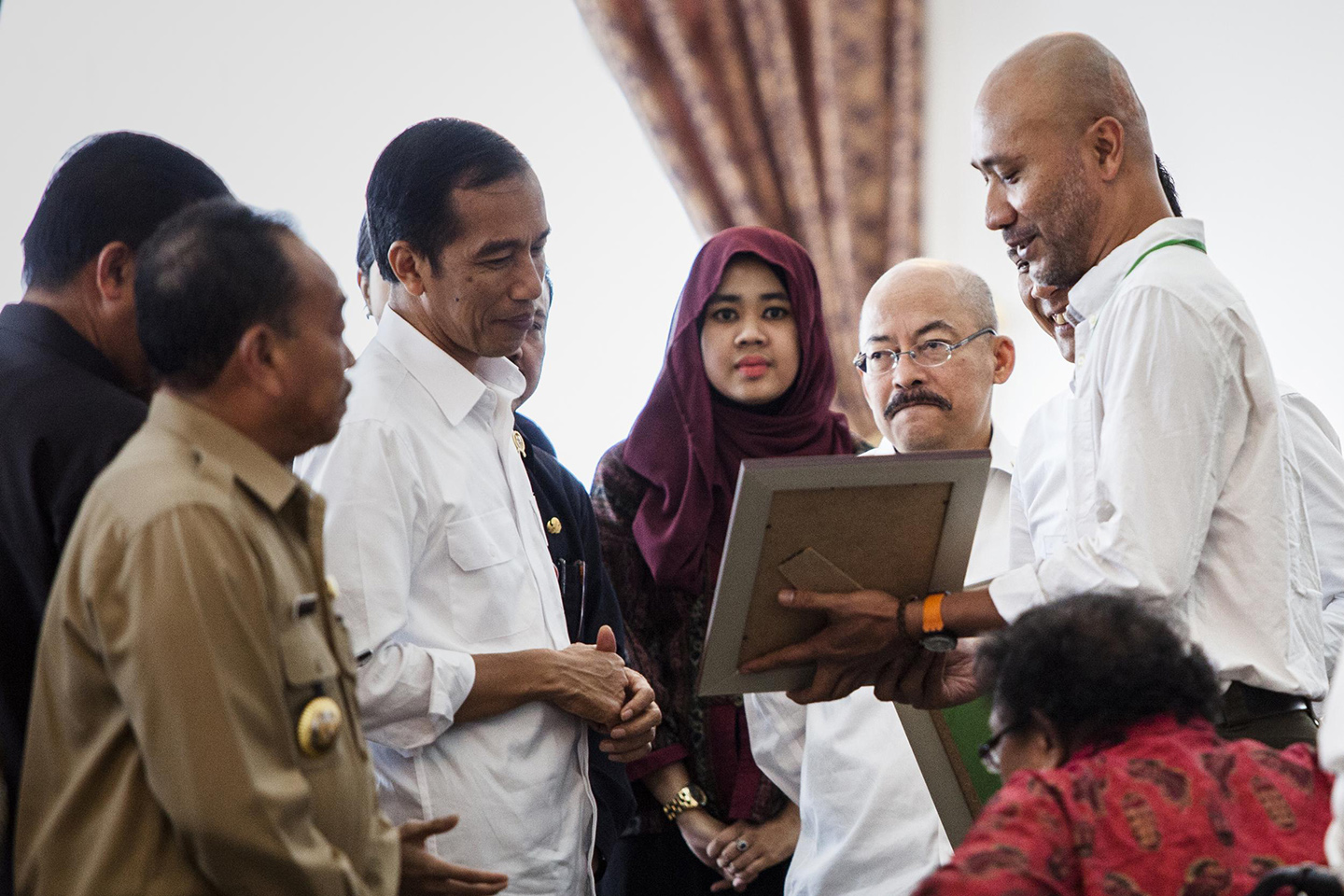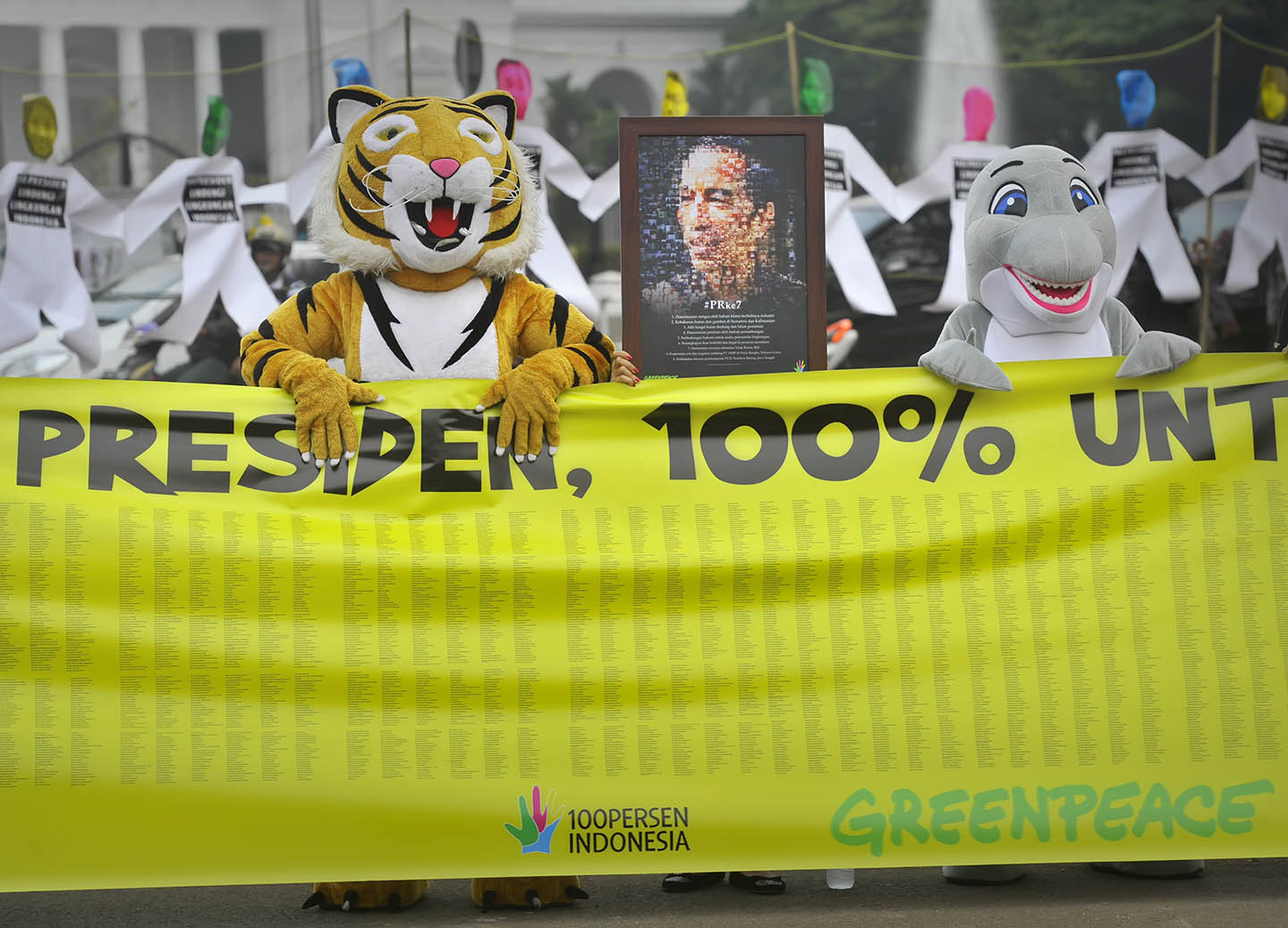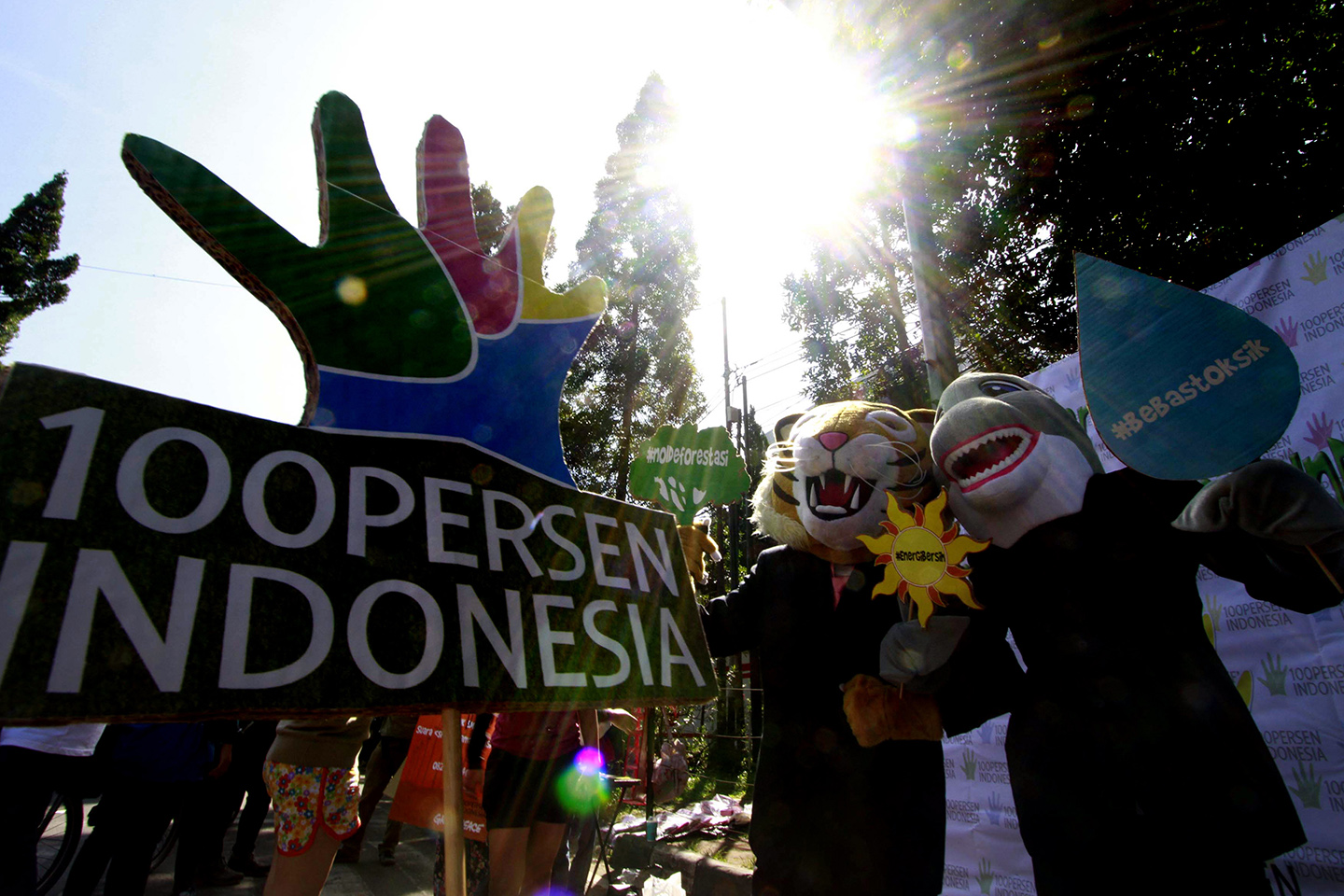Building a Movement for Climate Justice
Ranked by the UN as the third-most vulnerable country in the world to climate change, the Philippines is very much “a nation at risk”, often depicted as the poster child for the impacts of climate change with freakish extreme weather events like super typhoons battering the country every year, killing thousands, displacing millions and costing billions in damages. For this reason, Greenpeace Southeast Asia launched the Climate Justice campaign in 2014 to seek redress from the world’s biggest polluters - holding them accountable for their contribution to the climate crisis. The campaign emphasizes that while countries like the Philippines adapt and try to rebuild from the impacts of climate change, we also must take steps to ensure that typhoons and cyclones will not become the new way of life for future generations.
We partnered with other NGOs and mobilized thousands of people, including those that are bearing the brunt of climate change and are fighting for their survival, in shining the spotlight to the perpetrators of climate change: the big polluters and their respective governments for bringing us to the brink of the climate crisis. We launched this work through a 1,000-km climate walk dubbed “A People’s Walk for Climate Justice” from kilometer zero to ground zero which culminated in Tacloban on Typhoon Haiyan’s first year anniversary.
Engaging in Rapid Response
In December 2014, the Philippines was once again struck by a super typhoon- Hagupit, (translated as ‘lash’). Responding to the crisis, Greenpeace International Executive Director Kumi Naidoo travelled to the Philippines, standing in solidarity with the Filipino people, to ‘bear witness’ to climate impacts and to deliver a message to the international community that climate change is not a future threat to be negotiated, but a clear and present danger that requires urgent action now.
Greenpeace Southeast Asia also conducted a rapid response operation to the affected communities of Eastern Visayas hardest hit by Hagupit. The initial response was the distribution of portable solar systems to households and evacuation centers in Catbalogan and Basiao Island, Samar, as well as in Taft, Eastern Samar. Following this, a seed delivery mission to farming communities in Dolores, Eastern Samar, was made possible with our partners in the Ecological Agriculture movement.
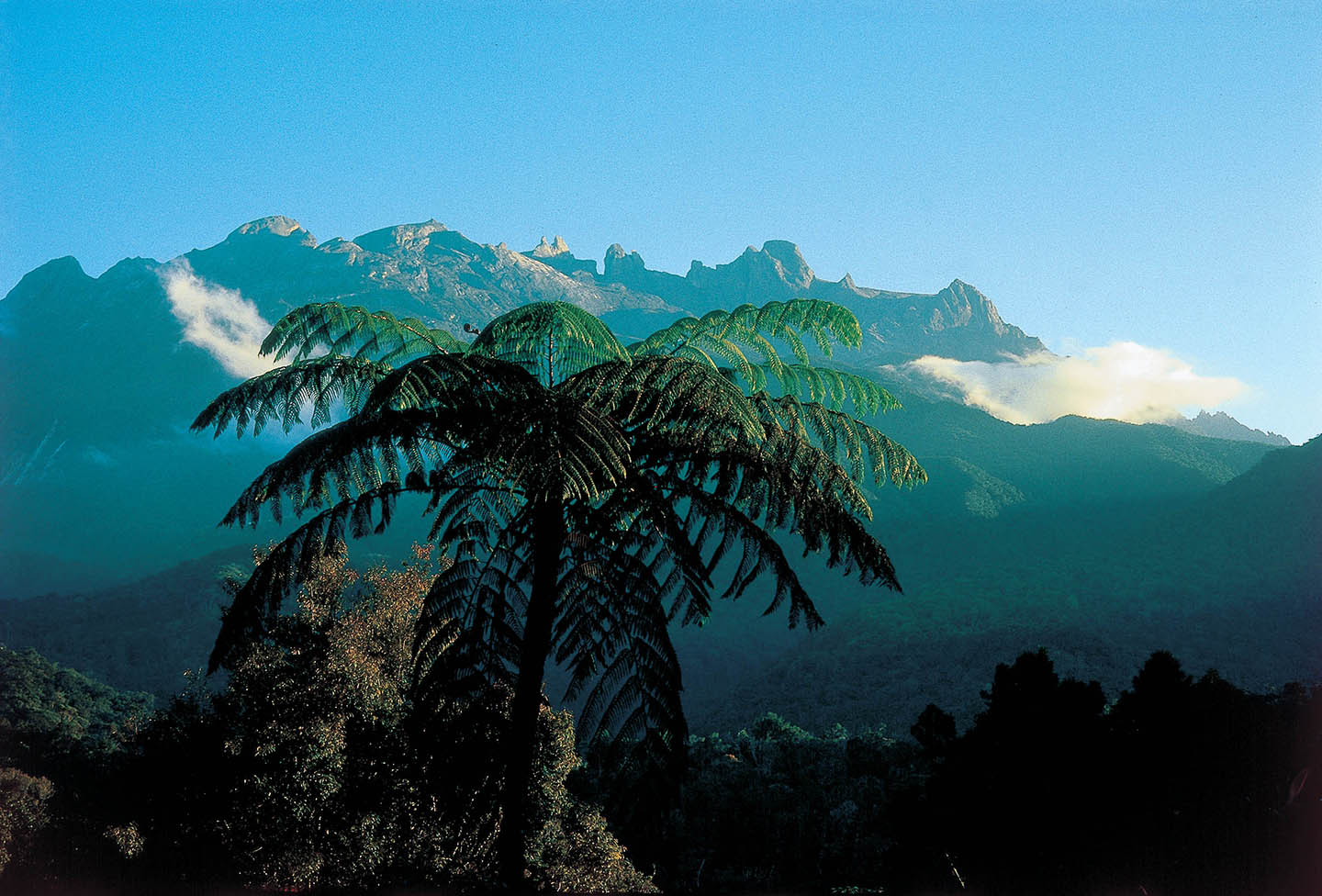





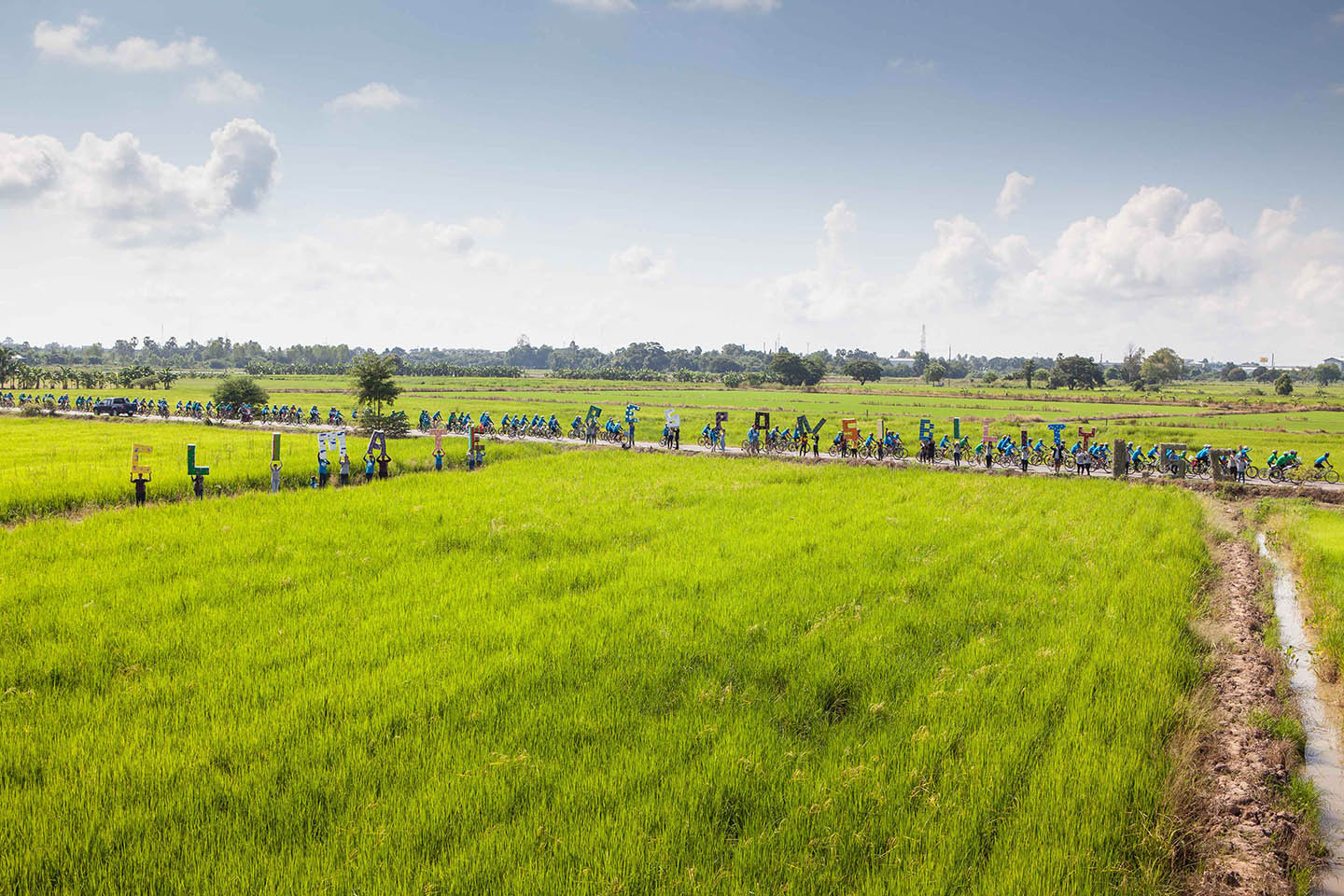
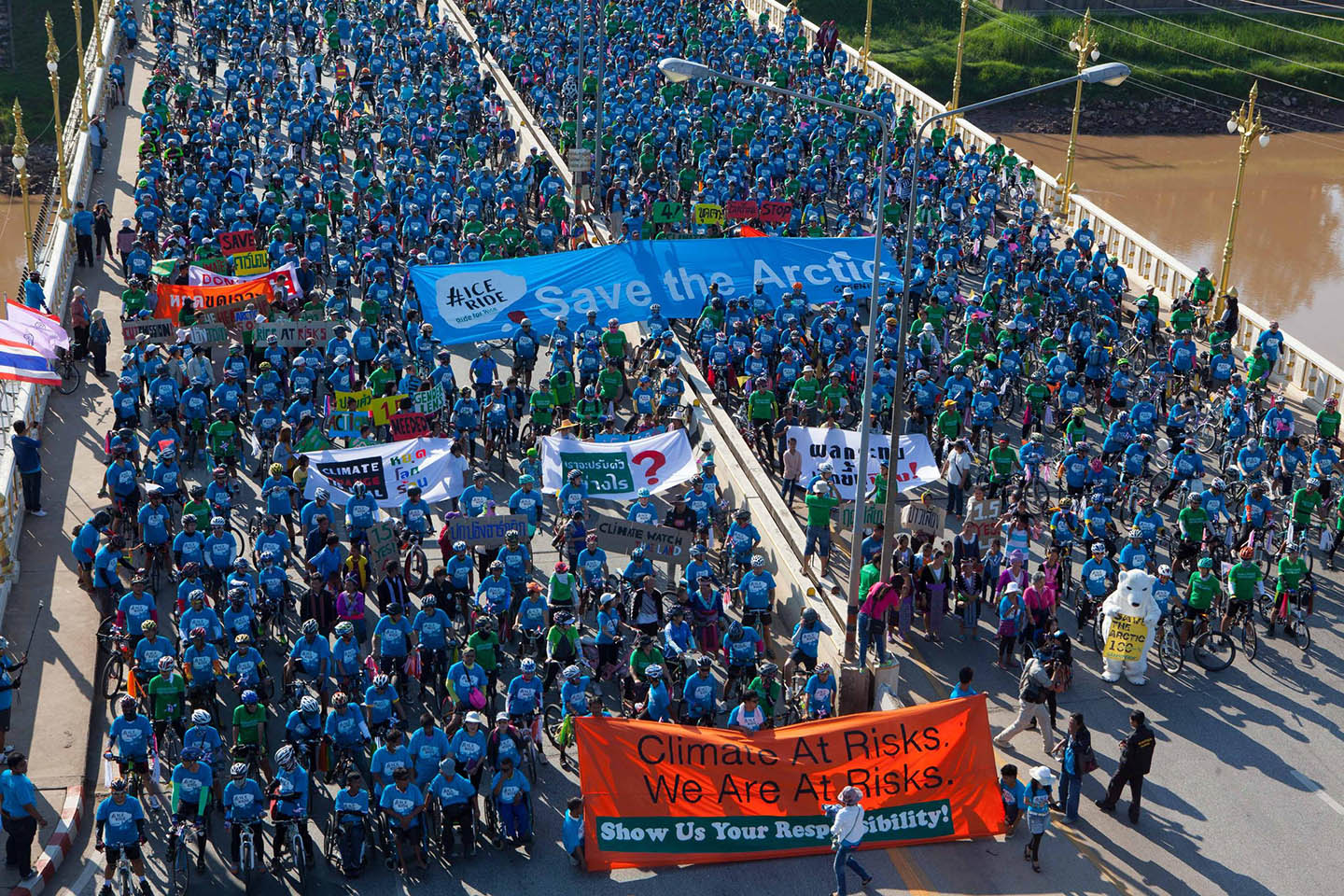
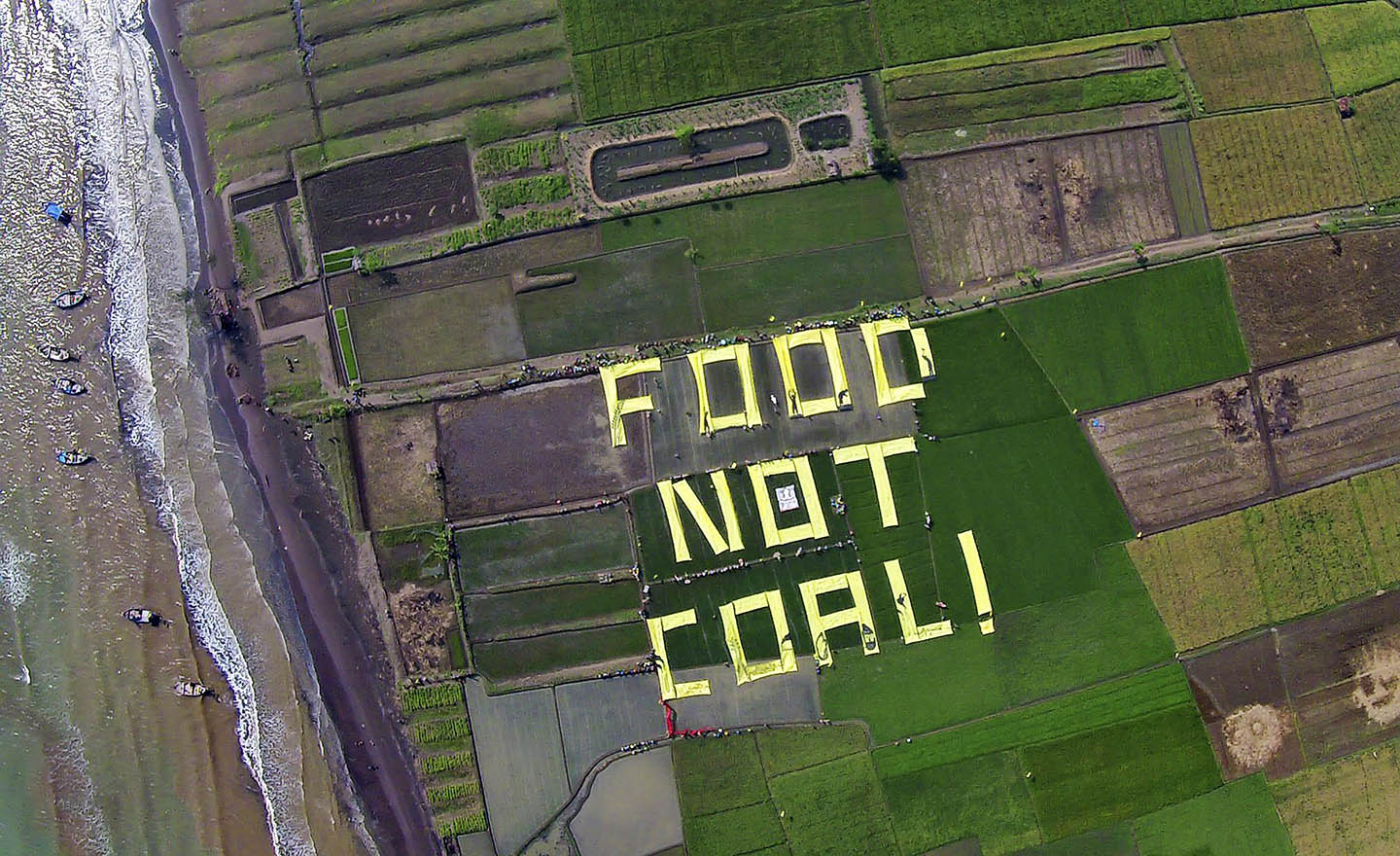
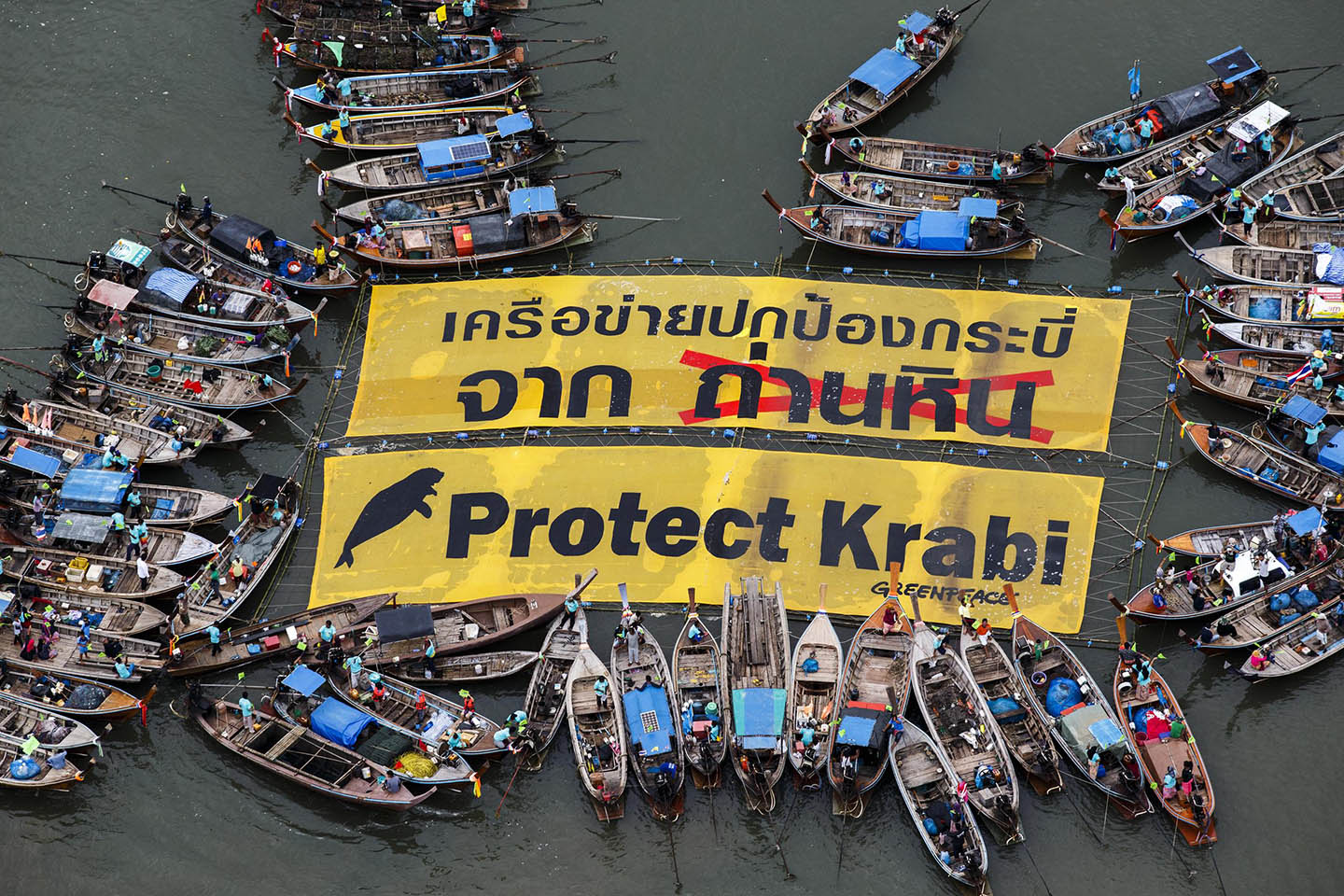
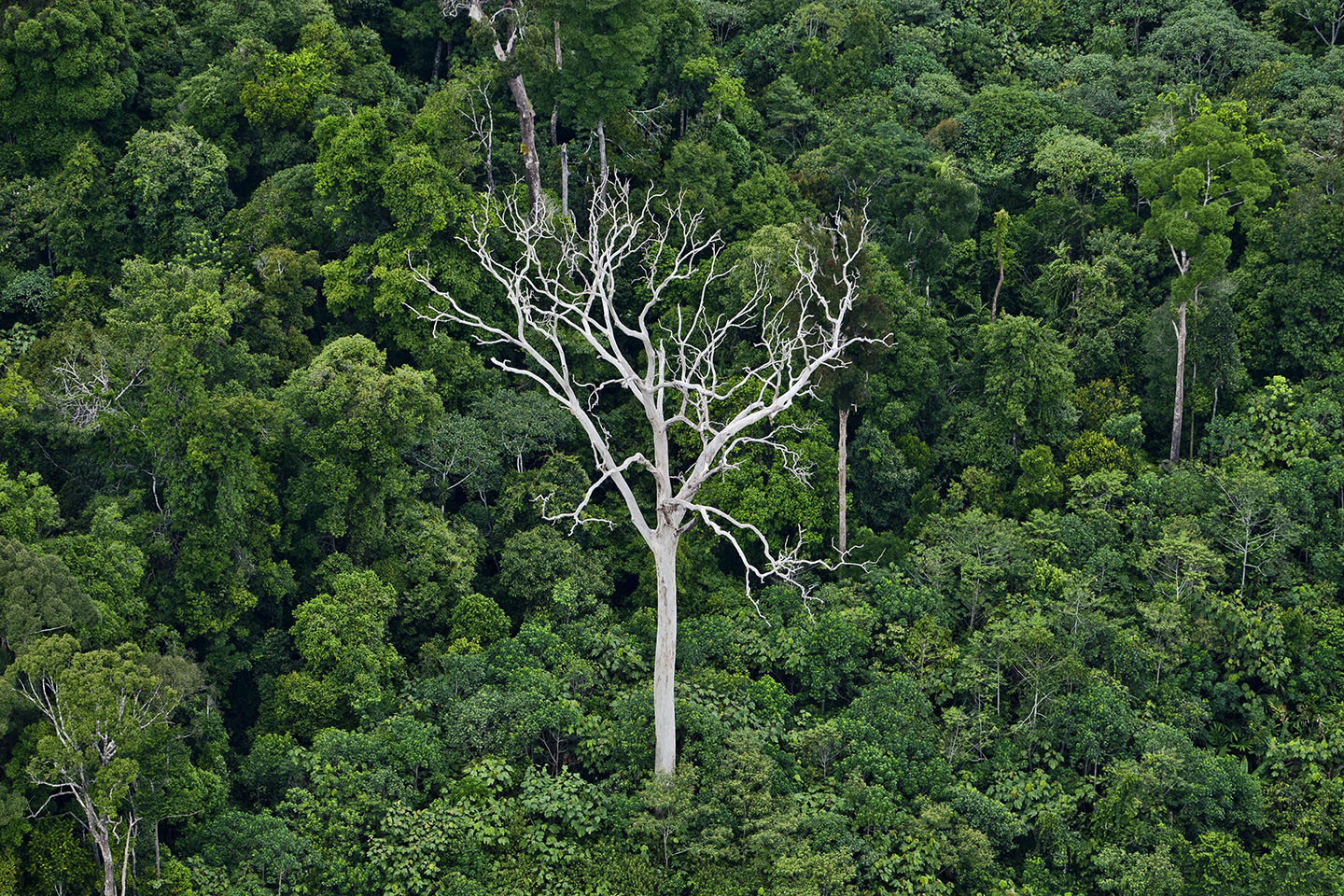
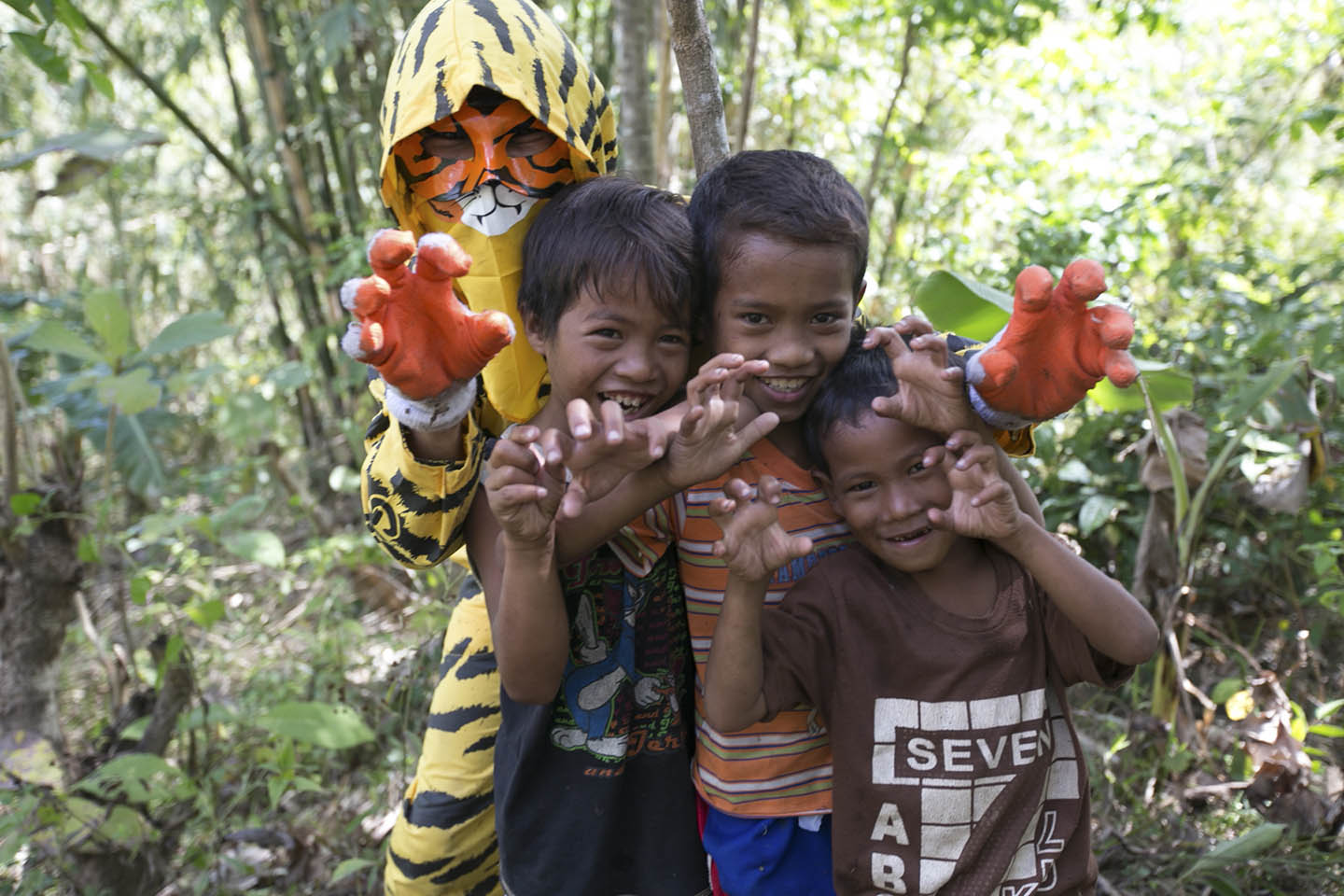
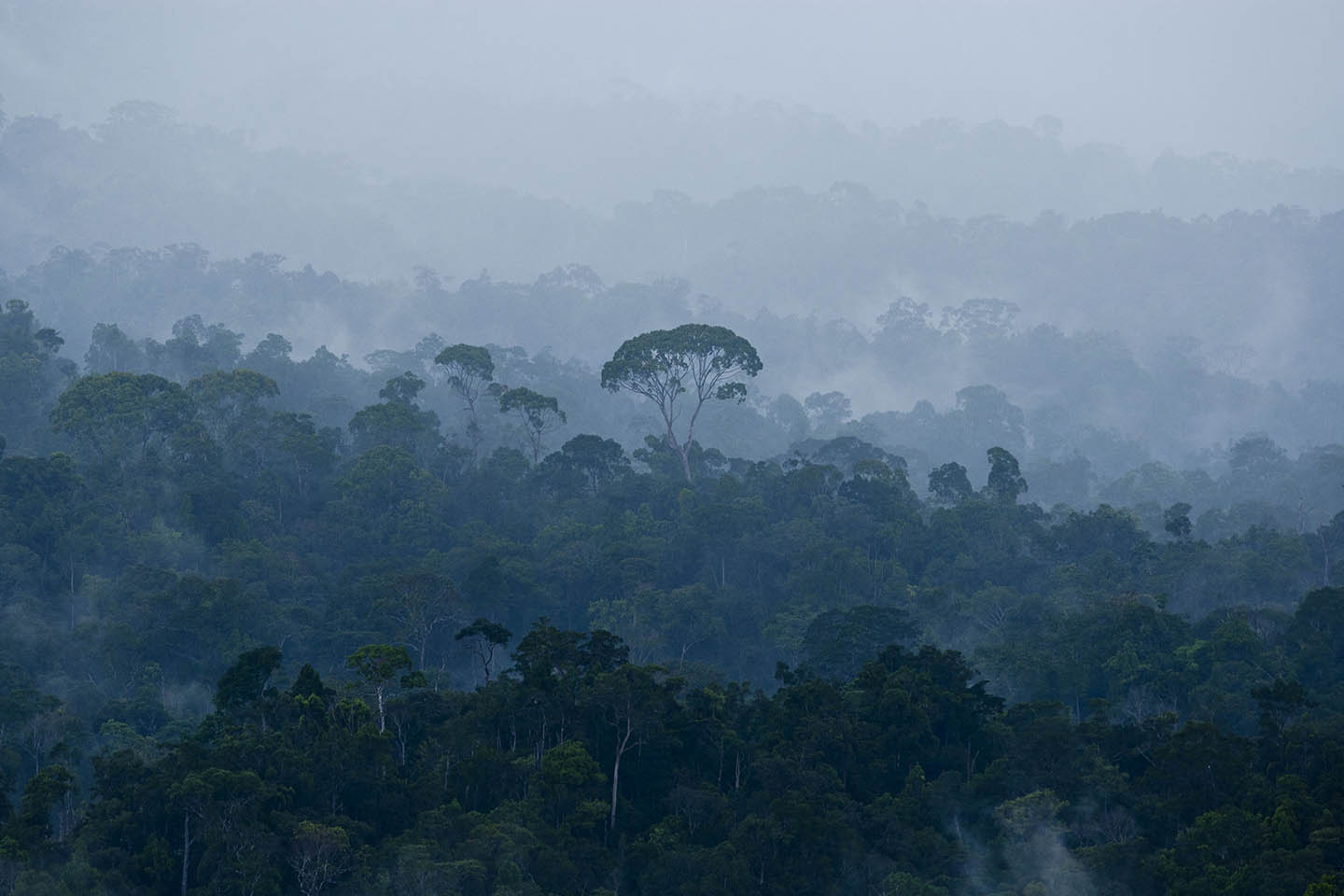
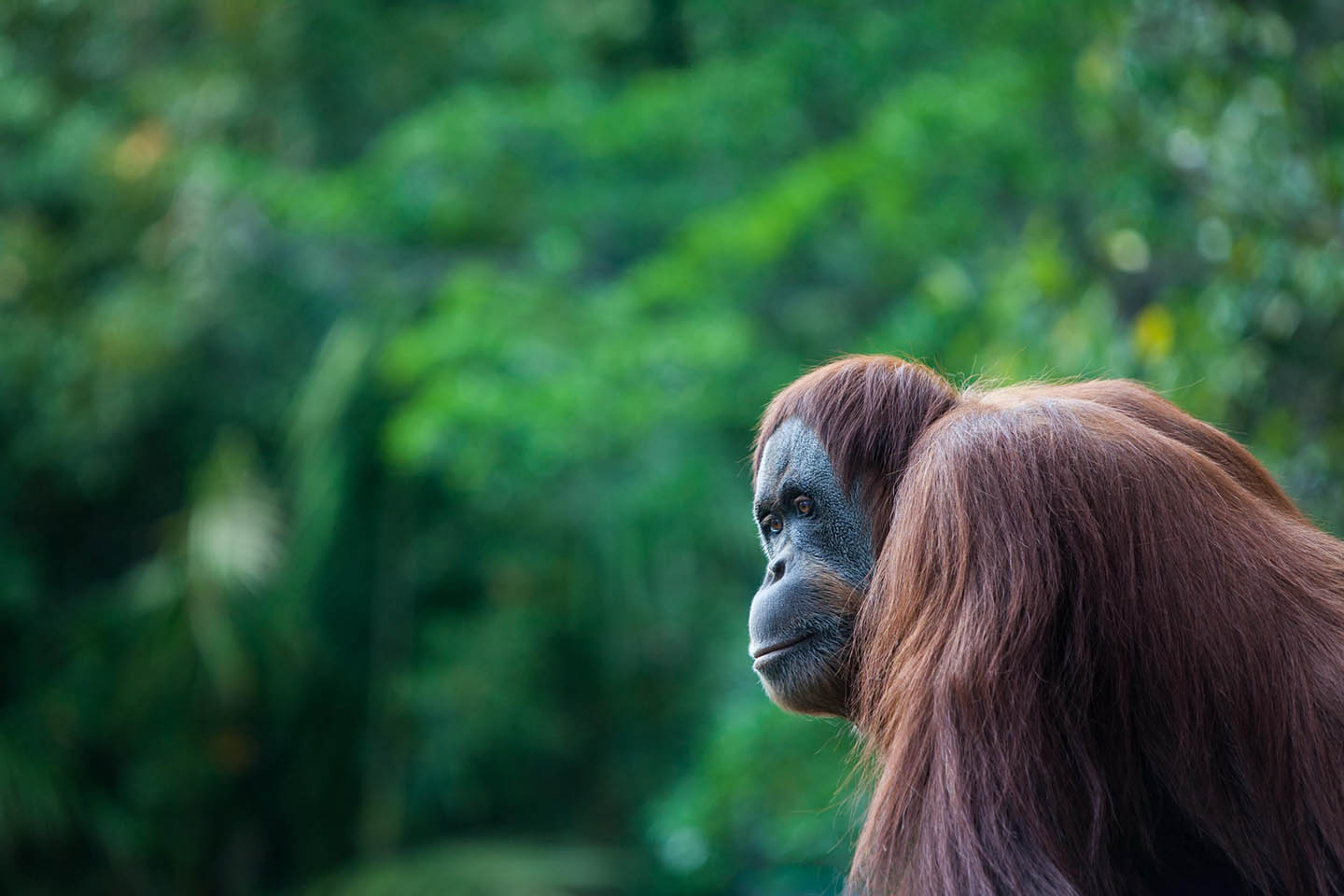
.jpg)
.jpg)
